
Purchasing and Materials Management - The Best 10-Day Training Course
Purchasing and Materials Management – The Best 10-Day Training Course – Istanbul Busıness Center
Table of Contents
What you’ll learn in Purchasing and Materials Management
- You will learn the key factors in the purchasing and materials management, importance of purchase materials and its activities. Materials Management.
- Learn Materials requirement planning and its characteristics. Basic details of JIT and uses of JIT.
- Quality inspection and its objectives Responsibilities of receiving and stores. Stages of quality inspection.
- Importance of quality inspection in related to its receiving and incoming materials and parts
- Acceptance sampling plans, Its different procedures and its basic information related to the sampling plans
- Vendor process capability and material handling
- Learn about the standardization, simplification and variety reduction related to the process for creating standardized work, international standard from ISO
- Learn all the other details related to standardization, simplification and variety reduction.
- Value analysis and engineering, its detailed techniques, definition and the details under this particular chapter.
- Appraisal for buying capital equipment, details of make or buy decisions.
- Learn about the materials logistics and warehousing management: store layout. and its different related information that will be required for you to study.
- This training will be useful if your job involves price determination and negotiations and how to maintain the profitability level, store operational resource
- Learn activity based costing and different other analysis.
Who this course Purchasing and Materials Management is for:
- Professionals with purchasing and materials management responsibilities, acceptance sampling plan. Quality inspection and responsibilities related to it.
- New professionals who are looking to see them successful in materials handling.
- Existing materials management professional who is looking to get more engagement and innovation from their teams and organizations
Course content Purchasing and Materials Management
The Frameworks of the Course
Purchasing and materials management will help you to understand and how it should get maintained and managed accordingly to the functions in related to the acceptance of sampling plan. This video will also help to understand the details related to vendor process capabilities and materials handling, Standardization, simplification and variety reduction, its various challenges related to the value analysis and engineering that will help to understand the appraisal methods for buying capital equipment.
Price Determination and the negotiations, objectives of the planning and its related information to the negotiations including processes and its skills for maintaining successful negotiating. Vendor rating, selection and development and its process. Public purchasing and international purchasing. Law of agency and the law of sale of goods.
The course includes multiple Case studies, resources like formats-templates-worksheets-reading materials, quizzes, self-assessment, film study and assignments to nurture and upgrade your Purchasing and materials management in details.
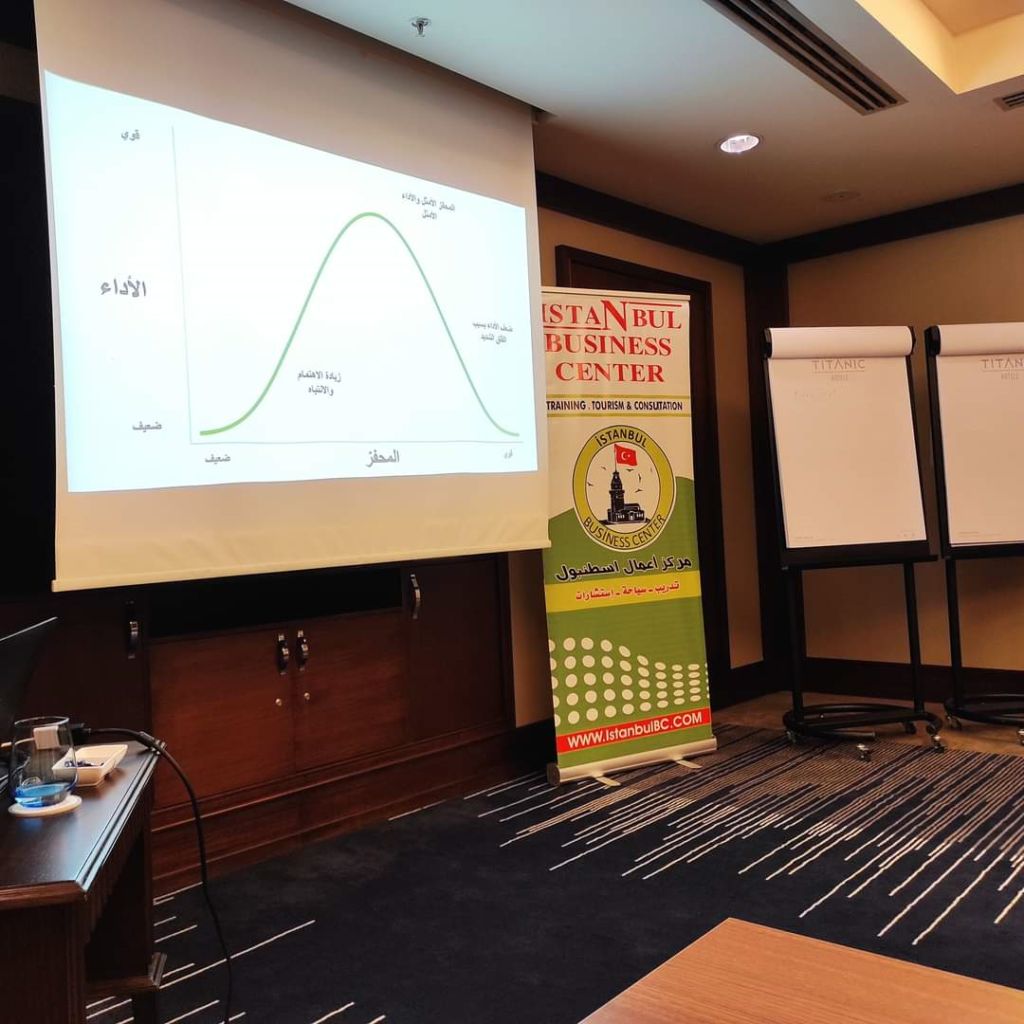
In the first part of the course,
you’ll learn the most Purchasing and materials management, Its relation to introduction to purchase and materials management. Materials requirement planning and JIT. Quality Inspection and how it is related to the materials management. Acceptance sampling plan.
In the middle part of the course,
you’ll learn how to develop a knowledge of vendor process capabilities and materials handling. Standardisation, simplification and variety reduction. Value analysis and engineering. You will get a knowledge on appraisal methods for buying capital equipment and Material Logistics and warehouse management.
In the final part of the course,
you’ll develop the price determination and negotiation vendor rating, selection and development. Public purchasing and tendering & International purchasing. . You will get full support and all your quarries would be answered guaranteed within 48 hours.
Course Content:
Part 1
Introduction and Study Plan
· Introduction and know your Instructor
· Study Plan and Structure of the Course
1. Introduction to Purchasing and Materials Management.
1.1. Introduction
1.2. Purchasing Management
1.3. Important of Purchase Management.
1.4. Purchasing Activities.
1.5. Types of purchase
1.6. Purchasing Cycle
1.7. Characteristics of a Purchasing Manager.
1.8. Materials Management.
1.9. Classification of manufacturing materials.
1.10. Objectives of the materials management Department.
1.11. Relationship between Materials management department and other departments.
1.12. Risks to be considered by Purchase Material Manager.
2. Material Requirements planning and JIT.
2.1. Introduction- Materials Requirement Planning.
2.2. Basic Characteristics of MRP.
2.3. MRP-Inputs
2.4. MRP-Outputs.
2.5. JIT-Introduction
2.6. Pre-requisites of JIT Implementations.
3. Quality Inspection and How it is related to the Materials Management.
3.1. Introduction
3.2. Broad Objectives of the Quality inspection.
3.3. Responsibilities of the Receiving and stores.
3.4. Stages of Quality Inspection.
3.5. Receiving and Incoming Quality Inspection.
3.6. Importance of receiving and Incoming quality inspection.
3.7. Check-Lists for receiving and Incoming Materials and Parts.
3.8. Inspecting a Shipment.
3.9. Inspection of Goods at receiving and in Manufacturing System.
3.10. Methods of Inspection.
4. Acceptance sampling plans.
4.1. Introduction
4.2. Acceptance Sampling- Brief History
4.3. Acceptance Sampling – Definition.
4.4. Acceptance Sampling Procedure.
4.5. Role of Acceptance Sampling.
4.6. Acceptance Sampling plan.
4.7. Types of Acceptance sampling plans.
4.8. Type I and Type II Errors.
4.9. Advantages of Acceptance sampling.
4.10. Disadvantages of Acceptance Sampling.
4.11. The Operating Characteristics (OC) Curve.
5. Vendor process capability and Material Handling
5.1. Introduction to process capability.
5.2. Concept of Process.
5.3. Concept of Process capability.
5.4. Handling the vendor process capability.
5.5. Advantages of Vendor Process capability.
5.6. Introduction to Materials Handling.
5.7. Scope of Materials Handling.
5.8. Material- Handling- Definition.
5.9. Objectives of Materials Handling.
5.10. Material Handling costs.
5.11. Types of Material Handling.
6. Standardisation, Simplification and Variety Reduction.
6.1. Introduction
6.2. Standardisation
6.3. Standardised (Consistent Process) versus Non- Standardised (Inconsistent Process).
6.4. Process for creating Standardised work.
6.5. International Standards from ISO.
6.6. Benefits of Standardisation.
6.7. Limitations of Standardisation
6.8. Standardisation as Winning Strategy.
6.9. Simplification
6.10. Variety Reduction.
7. Value Analysis and Engineering.
7.1. Introduction
7.2. A brief History.
7.3. Meaning of Value.
7.4. Meaning of Value analysis.
7.5. Difference between Value Analysis and Value Engineering.
7.6. Objectives of Value Analysis/Value Engineering.
7.7. Techniques of Value Analysis.
7.8. Value Analysis Process.
7.9. Benefits of Value Analysis/Value Engineering.
8. Appraisal methods for Buying capital equipment.
8.1.Introduction-Make or Buy Decisions.
8.2.Factors affecting Make or Buy Decisions.
8.3.Importance of Make or Buy Decisions.
8.4.Advantages of Make or Buy Strategy.
8.5.Reasons for Make Instead of Buy.
8.6.Risks involved in decisions “to make”
8.7.Reasons for buy instead of make.
9. Materials Logistics and Warehousing Management- Store Layout.
9.1. Introduction
9.2. Meaning of Warehouse Management.
9.3. Warehouse Operations.
9.4. Warehouse Administration and Management of Store Floor.
9.5. Duties and Responsibilities of a store manager.
9.6. Store Maintenance.
9.7. Energy Management.
9.8. Benefits of Warehousing.
9.9. Warehouse Management System.
9.10. Benefits of Warehouse Management System.
Part 2
10. Price Definition and Negotiation
10.1. Introduction.
10.2. Objectives of Pricing.
10.3. Factors influencing Pricing.
10.4. Types of Pricing Strategies.
10.5. Negotiation- Introduction.
10.6. Meaning of Negotiation.
10.7. Examples of Negotiation.
10.8. Types of Negotiations.
10.9. The process of Negotiation.
10.10. Skills for Successful Negotiating.
10.11. Obstacles to Negotiation.
11. Vendor rating, Selection and Development.
11.1. Introduction.
11.2. Vendor/Supplier Evaluation
11.3. Need for measuring Supplier Performance.
11.4. Categories of Suppliers.
11.5. Supplier evaluation and Selection process.
12. Public Purchasing and Tendering, & International Purchasing.
12.1. Introduction.
12.2. The Indian Contract act, 1872
12.3. Law of Agency
12.4. Law of Sale of Goods Act, 1930.
Part 3
13. Assignments
Contact information -Purchasing and Materials Management The Best 10-Day Training Course :
Mobile: 00905340789498 – Whatsapp + Viber
Email
[email protected]
[email protected]
To communicate in Arabic:
You can view all programs through our website
We are waiting for your questions about the training courses offered by our center IBC .
A group discount can be requested ISTANBUL BUSINESS CENTER
Is there a group discount when registering for Purchasing and Materials Management ?
- Browse our course catalog and select which courses meet your organization’s learning and development needs
- Receive a discount ranging from 10 to 20% based on the total number of participants you enroll per year. Discount tiers are outlined in the adjacent chart.
- Contact us below to register your participants and receive a unique discount code for your organization. From there, our team will work with you to enroll your employees.

The Short Course Experience Planning, Organizing, Negotiating Work Coordinating Training courses :
Our 2- to 5-day short courses offer a unique opportunity to step outside of the pressures of your day-to-day work life and challenge yourself with new ideas and skills in a low-risk environment. Our team is here to guide you each step of the way.
To join our YouTube channel:
https://www.youtube.com/channel/UCTlFnksxL38RGeNEV3xBN3A

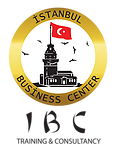
 The Integrated Engineering Course in Oil and Gas – The best courses in Istanbul IBC25
The Integrated Engineering Course in Oil and Gas – The best courses in Istanbul IBC25 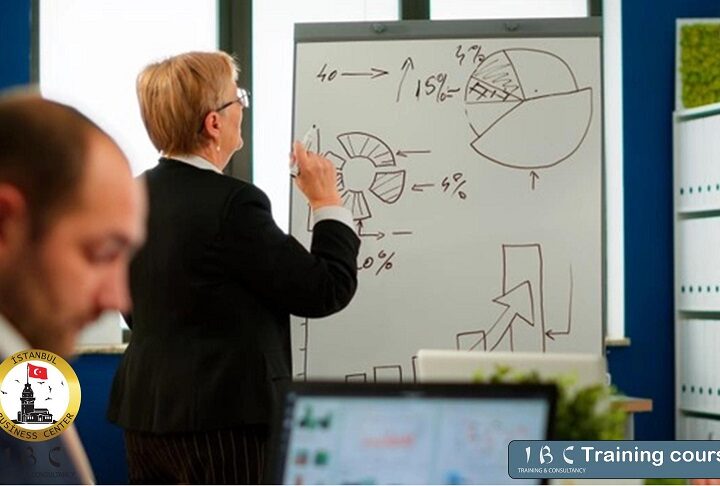 Logistics & Material Management – The best courses in Istanbul IBC40
Logistics & Material Management – The best courses in Istanbul IBC40  Warehousing And Materials Management – The Best 45-Training Course Istanbul
Warehousing And Materials Management – The Best 45-Training Course Istanbul 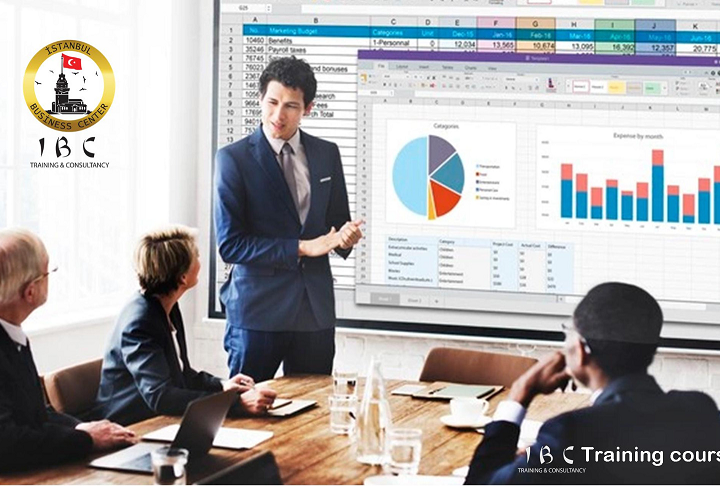 Finance for Non-Finance Professionals – Our Best courses 30
Finance for Non-Finance Professionals – Our Best courses 30 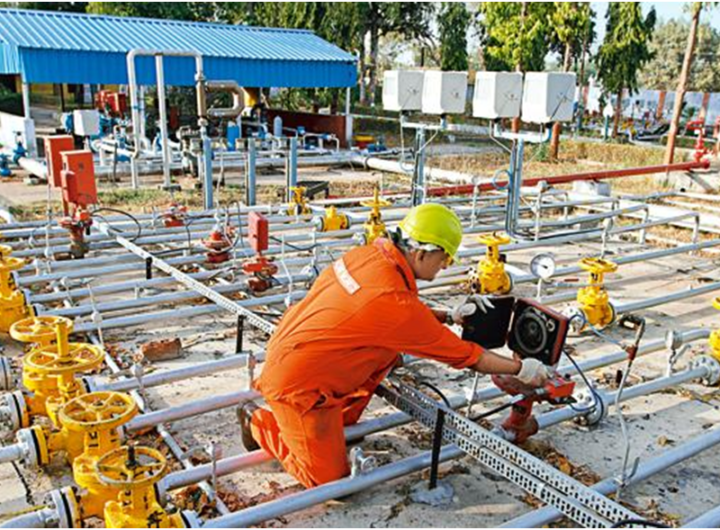 Petroleum Project Economics, Risks & Uncertainties – The Best Workshop 5 days
Petroleum Project Economics, Risks & Uncertainties – The Best Workshop 5 days